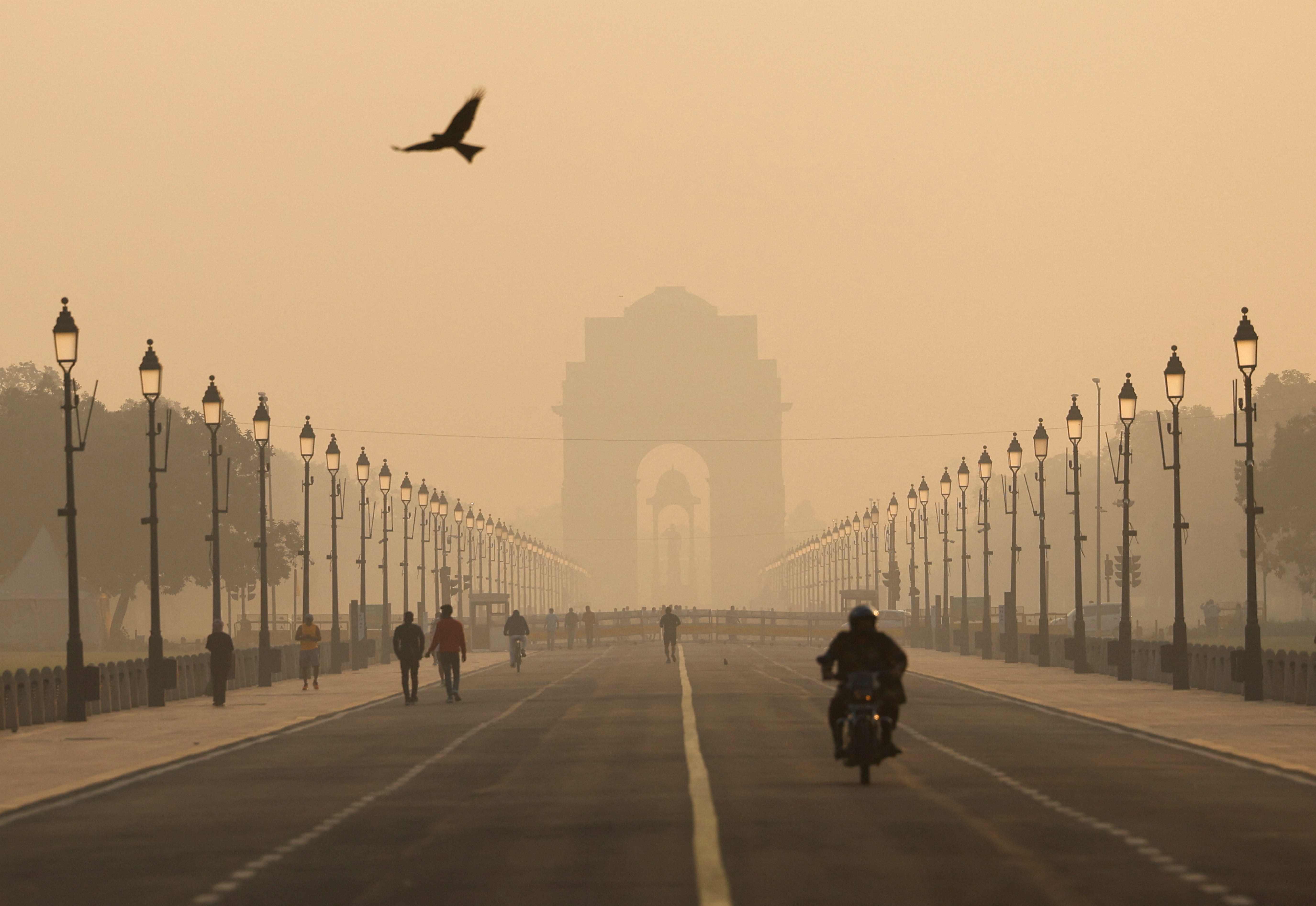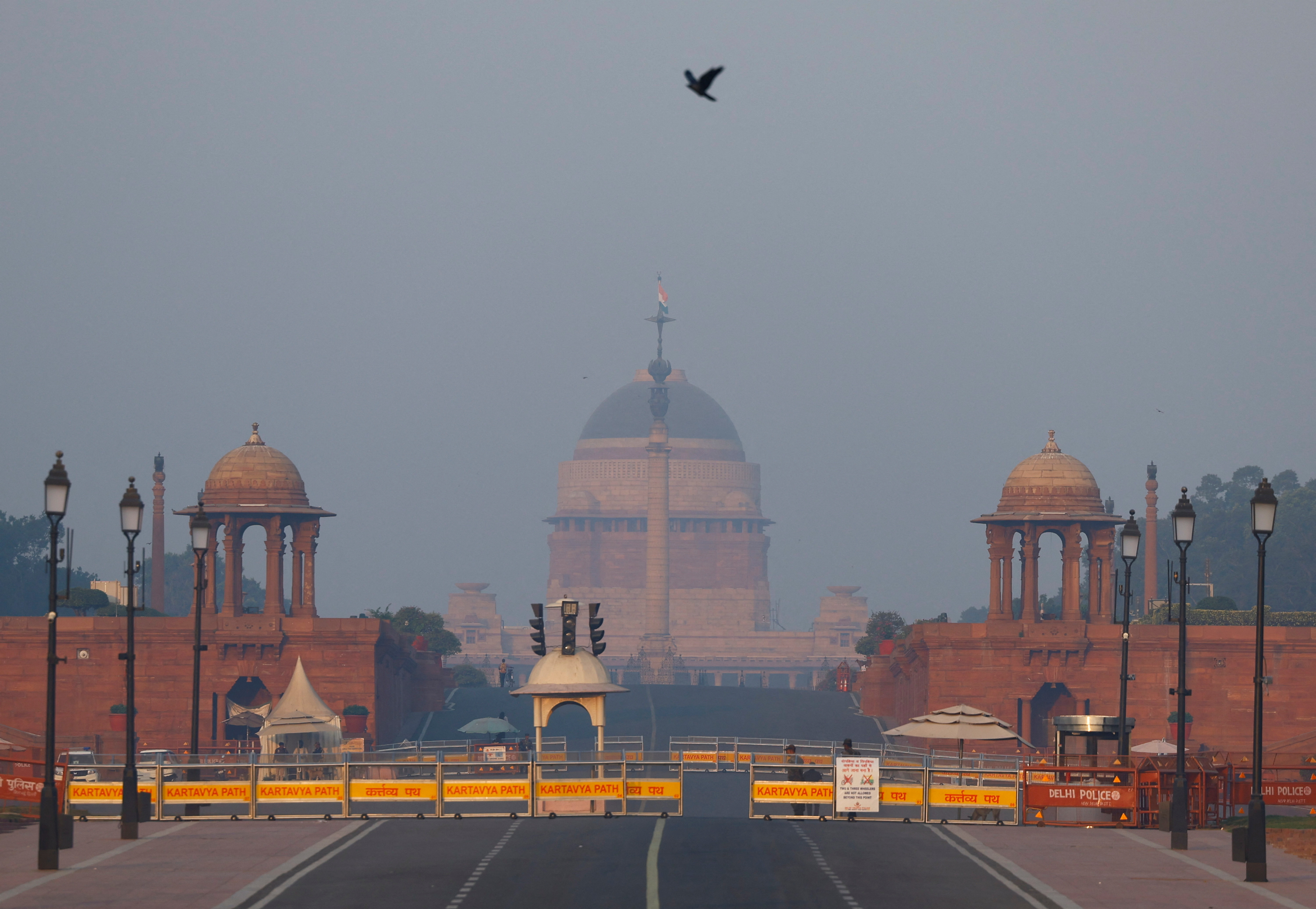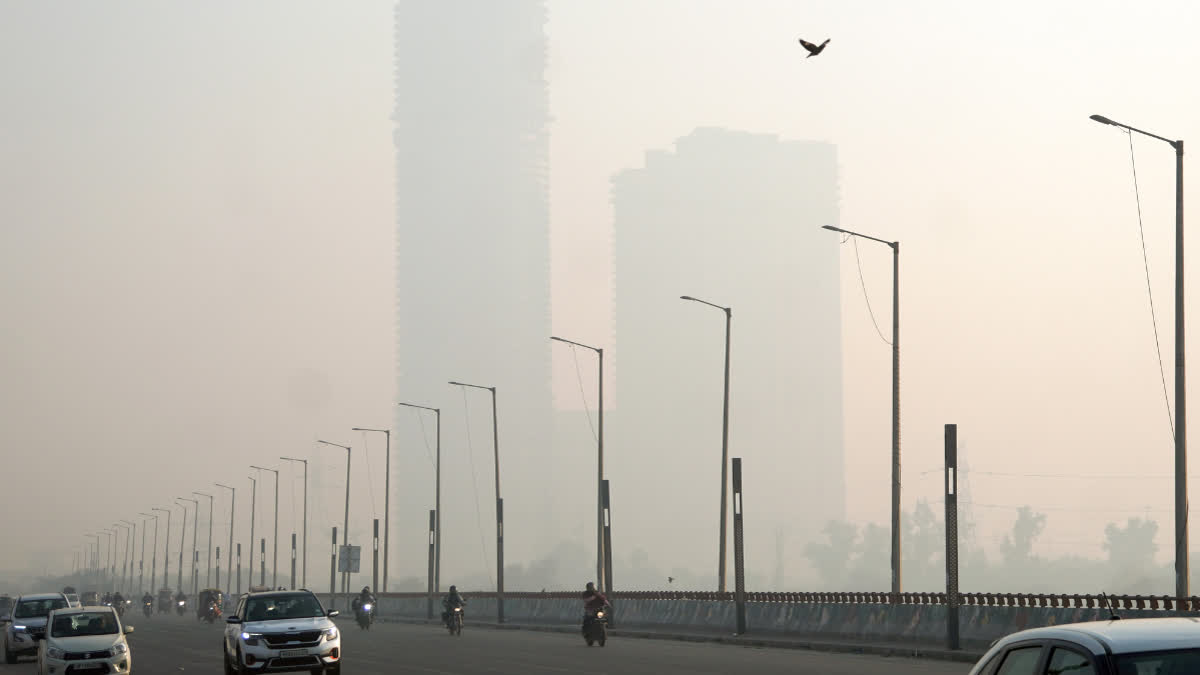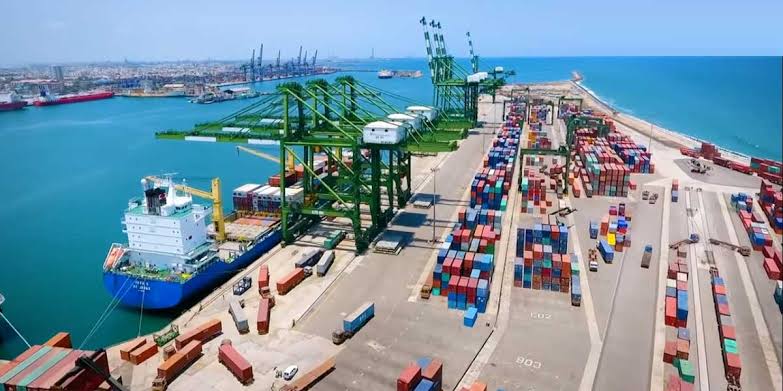On Friday, New Delhi topped global pollution rankings as Diwali celebrations, including the use of firecrackers despite a ban, contributed to worsening air quality. The national capital routinely faces severe air pollution in winter when colder air traps pollutants like dust and smoke from neighboring states. After Diwali, the use of firecrackers further compounds these issues, and this year was no exception.

In the 24 hours leading up to Friday evening, Delhi recorded an air quality index (AQI) of 339, classified as “very poor” by the Central Pollution Control Board. This was slightly better than last year’s post-Diwali AQI of 358, yet New Delhi remained the most polluted city globally according to Swiss air quality monitoring firm IQAir.
The AQI scale, according to CPCB, ranges from 0-50 for “good” air quality to 401-500 for “severe,” which poses health risks even for healthy people and is hazardous for those with existing conditions. Despite concerns, Delhi’s Environment Minister Gopal Rai noted that the pollution levels hadn’t spiked as anticipated, crediting citizens for reducing firecracker usage.
The ban on firecrackers during Diwali has been a local government measure, in line with Supreme Court directives to control pollution. Enforcement remains challenging, with some Hindu groups opposing the ban, arguing it infringes on festival traditions. The Delhi government counters that the restrictions are essential to protect public health.
Delhi’s air quality is expected to remain at the “very poor” upper end for the rest of the week, as per the Ministry of Earth Sciences. The current smog is also exacerbated by seasonal stubble burning in nearby states, where farmers burn leftover crop residue to clear fields for wheat planting. Data showed that farm fires contributed nearly 28% to Delhi’s pollution on Thursday, up from under 2% on Monday, with more expected in the coming weeks as peak stubble-burning season continues.
Gufran Beig, an air quality expert from the National Institute of Advanced Studies and founder of SAFAR, stressed that controlling stubble burning in the first two weeks of November will be crucial to managing the pollution levels ahead.




